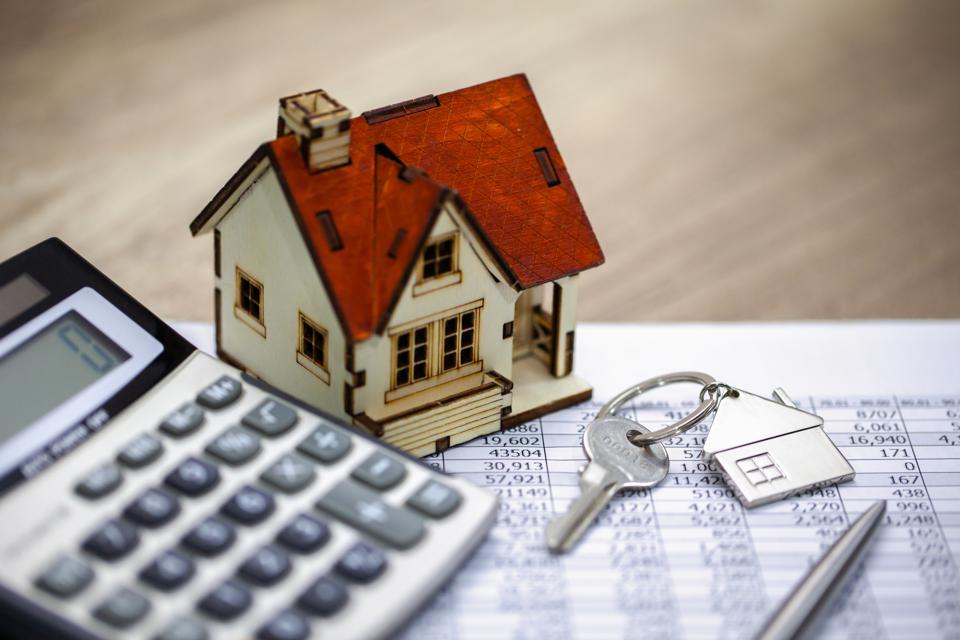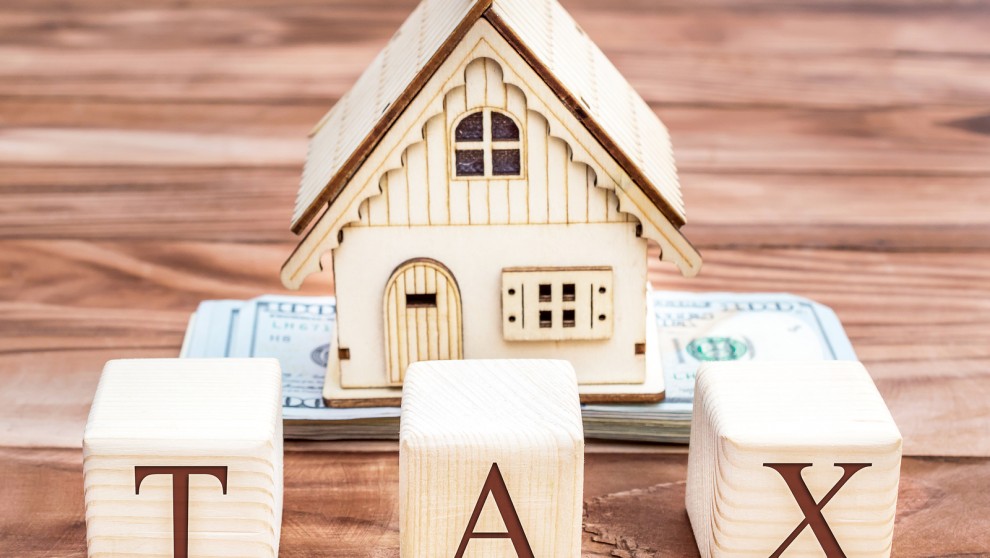Mortgage “Points” Are the Money-Saving Trick That First-Time Homebuyers Should Know About
As a first time home buyer, you might get confused by some of the lending lingo. Phrases like Truth in Lending, Good Faith Estimate, and Right of Rescission can feel overwhelming (and a bit like gibberish) when you’re unfamiliar with them. Even something as simple as understanding your interest rate can be confusing when you start looking at all of the different ways your lender has laid it out for you (yes, the interest rate and annual percentage rate, aka APR, are two different things). When you add in mortgage “points” things can get even more baffling.
What are mortgage points?

In the simplest terms, mortgage points, which are sometimes called discount points or buy down points, are the fees a borrower pays in order to buy down the interest rate on their mortgage, according to Travis Thompson, a senior loan officer in California. A borrower can purchase discount points in order to lower their interest rate during closing, which can result in a lower monthly mortgage payment — and a cheaper mortgage in the long run.
“The opposite of points is the lender credit (or rebate), which is where the lender gives [the borrower] money to offset closing costs in exchange for a higher interest rate,” Thompson explains. “You can look at points or lender credits as a sliding scale from a low interest rate to a high interest rate.” Opting for a higher interest rate, and therefore higher monthly payment, may seem like a weird choice, but for people looking to bring less money to the closing table, it can be the best option.
Calculating mortgage points

The actual price of your points will be based off of your loan amount. “A point often costs one percent of your mortgage, meaning that if you had a $100,000 mortgage, one point would cost you $1,000,” explains Chuck Meier, senior vice president and mortgage sales director at Sunrise Banks. “One point usually shaves off .25 percent of your interest rate.”
Should you buy down your rate?

Opting to buy points can be a great decision or a poor one depending on how long you plan on keeping your mortgage according to Thompson. To figure out which route is better for you, you need to determine your “break-even” mark by dividing the added cost of your points by the amount you will save per month.
“For example, if the points are $2,000 but it will save you $20 a month in your payment, then your break-even is 100 months or 8.3 years,” Thompson says. “Once you have that number then it’s easy to see if points are a good thing or bad thing for you.” Thompson explains that if he had a borrower looking at these numbers who would be moving in less than 8.3 years, he’d advise them to go for the higher rate.
The Tax Man cometh

The joke is that only two things in life are guaranteed: death and taxes. So, it stands to reason that at some point you’ll need to consider the tax implications of your mortgage terms. If you’re on the fence about buying down your rate, and you’re closing toward the end of the fiscal year, you may want to take advantage of the tax perks of a buy down. “Mortgage interest and points are tax-deductible,” explains Melissa Cohn, executive mortgage banker at William Raveis Mortgage. “If you are closing at the end of the year and need a tax deduction, paying a point may have additional benefits.”
Article courtesy of Lauren Wellbank



